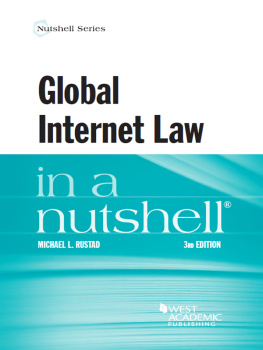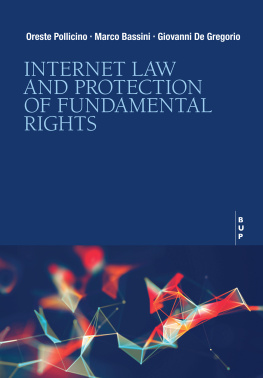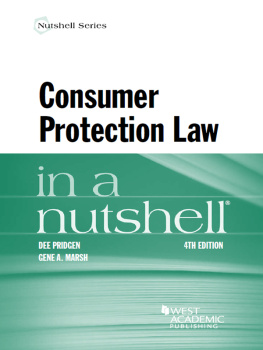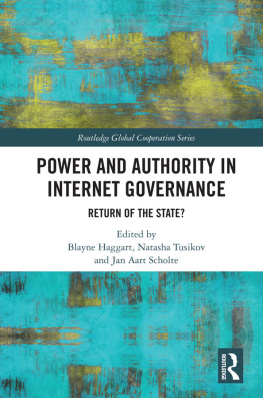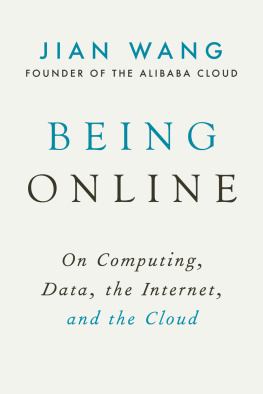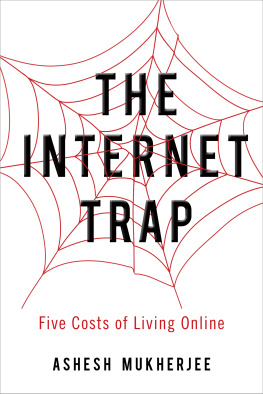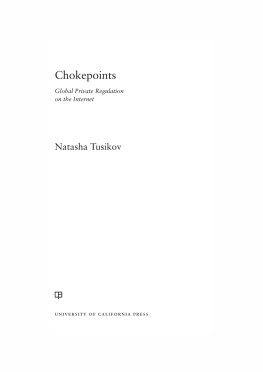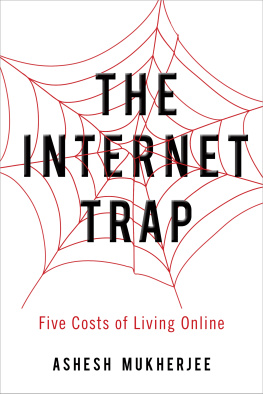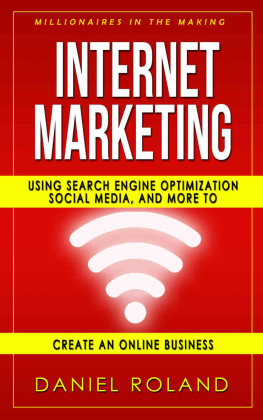Landmarks
Page list

WEST ACADEMIC PUBLISHINGS
LAW SCHOOL ADVISORY BOARD
____________
JESSE H. CHOPER
Professor of Law and Dean Emeritus,
University of California, Berkeley
JOSHUA DRESSLER
Distinguished University Professor, Frank R. Strong Chair in Law
Michael E. Moritz College of Law, The Ohio State University
YALE KAMISAR
Professor of Law Emeritus, University of San Diego
Professor of Law Emeritus, University of Michigan
MARY KAY KANE
Professor of Law, Chancellor and Dean Emeritus,
University of California,
Hastings College of the Law
LARRY D. KRAMER
President, William and Flora Hewlett Foundation
JONATHAN R. MACEY
Professor of Law, Yale Law School
ARTHUR R. MILLER
University Professor, New York University
Formerly Bruce Bromley Professor of Law, Harvard University
GRANT S. NELSON
Professor of Law, Pepperdine University
Professor of Law Emeritus, University of California, Los Angeles
A. BENJAMIN SPENCER
Earle K. Shawe Professor of Law,
University of Virginia School of Law
JAMES J. WHITE
Robert A. Sullivan Professor of Law Emeritus,
University of Michigan
I
GLOBAL INTERNET LAW
IN A NUTSHELL
THIRD EDITION
MICHAEL L. RUSTAD
Thomas F. Lambert Jr. Professor of Law &
Co-Director Intellectual Property Law Concentration
Suffolk University Law School

II
The publisher is not engaged in rendering legal or other professional advice, and this publication is not a substitute for the advice of an attorney. If you require legal or other expert advice, you should seek the services of a competent attorney or other professional.
Nutshell Series, In a Nutshell and the Nutshell Logo are trademarks registered in the U.S. Patent and Trademark Office.
2009 Thomson Reuters
2013 LEG, Inc. d/b/a West Academic Publishing
2016 LEG, Inc. d/b/a West Academic
444 Cedar Street, Suite 700
St. Paul, MN 55101
1-877-888-1330
West, West Academic Publishing, and West Academic are trademarks of West Publishing Corporation, used under license.
Printed in the United States of America
ISBN: 978-1-63459-684-8
III
PREFACE
____________
The Internet has transformed every branch of procedural and substantive law and thus every lawyer needs a basic understanding of Internet Law. For those lawyers, law students, policymakers, and members of the business community who are or will be involved in e-commerce, information security, or high technology law, it is important to have some basic understanding of the relevant cases and statutes relevant to Internet Law. This Third Edition, like the early editions, distills the main contours of settled Internet law as well as areas that are still evolving. The book focused upon the legal rules that govern the development of U.S. law but nearly every chapter also covers foreign and international law developments. The goal is to provide the reader with a succinct exposition of basic concepts and method for each procedural and substantive branch of law including foreign and international law developments. This Third Edition of the Global Internet Nutshell covers global developments such as the European Unions right to be forgotten in the proposed General Data Protection Regulation mandatory EU consumer law, as well as international intellectual property decisions. One of the central themes of the book is that lawyers of the twenty-first century must master global Internet law developments to represent online businesses in a cross-border legal environment.
IV
As e-businesses use the border-defying Internet, they will increasingly become subject to foreign procedural and substantive law. The U.S. business community, for example, needs legal audits for its websites sales and services whenever it targets European consumers. Websites that collect personally identifiable information need to comply with the General Data Protection Regulation even if they are not physically headquartered in Europe.
In contrast, foreign websites may be required to appear in U.S. courts if they infringe the rights of U.S. companies. The Internet is interconnected and transnational, challenging traditional sovereignty based upon geographic borders. No transnational sovereign devises uniform rules for Internet jurisdiction and the enforcement of online judgments. The lack of certainty about the law of cyberspace requires cross-border treaties and conventions. To date, the countries connected to the Internet have not agreed to cede their sovereignty in order to harmonize cyberjurisdictional rules. Instead, courts adapt their own national rules to determine jurisdiction. Many of the chapters address European Commission regulations, directives and conventions as well as domestic Internet law developments from foreign jurisdictions. The organization of the book summarizes many of the cases and statutes taught in e-commerce, Internet law, or cyberspace law courses.
This book will be helpful to business lawyers as well as litigators confronted with Internet-related legal issues. I have provided a concise yet V systematic examination of UCITA, the Principles of the Law of Software Contracts, and other law reform projects to devise online contracting law. This nutshell is comprehensive in its coverage of global Internet issues that practitioners and students will encounter but will also serve as a useful introduction for non-lawyers and graduate as well as undergraduate students in diverse disciplines such as computer science, business, nursing, sociology, law and society and criminology. My hope is that the business community will also find this nutshell to be a useful introduction to legal issues on the global Internet.
MICHAEL L. RUSTAD
September 15, 2015
VII
ACKNOWLEDGMENTS
(THIRD EDITION)
____________
Great thanks are due to Suffolk University Law Schools reference librarians Diane DAngelo and Rick Buckingham. I greatly appreciate the editorial and research of Suffolk University Law School research assistants Eunice D Aikins-Afful, John H. Brainard, Matthew Carey, Samantha Lynne Cannon, Krista Fales, Jeremy Kennelly, Darcy Kohls, Emily Lacy, Patrick Nichols, Nicole Maruzzi, Harel Talasazan, Gamze Yalcin, and Elmira Cancan Zenger. I appreciate editing by Keyur Parikh, a Patent Agent and Principal Software Engineer, a candidate for the J.D. from Suffolk University Law School, Class of 2018. Rick Buckingham and Diane DAngelo provided me with expert assistance and resources for Global Internet Law. Finally, as always, I appreciate the editorial work and good company of my wife, Chryss J. Knowles.
IX
OUTLINE
____________
X
XI
XII
XIII
XIV
XV
XVI
XVII
XVIII
XIX
XX
XXI
XXII
XXIII
XXIV
XXV
XXVI
XXVII
XXVIII
XXIX
TABLE OF CASES
References are to Pages
____________
1-800 Contacts, Inc. v. WhenU.com, Inc.----------------------------------384
415 University Community Co. v. Lykes-Youngstown Corp.----------------------------------177
A & M Records, Inc. v. Napster, Inc.----------------------------------306
Academy of Motion Pictures Arts and Sciences v. GoDaddy.com----------------------------------403

